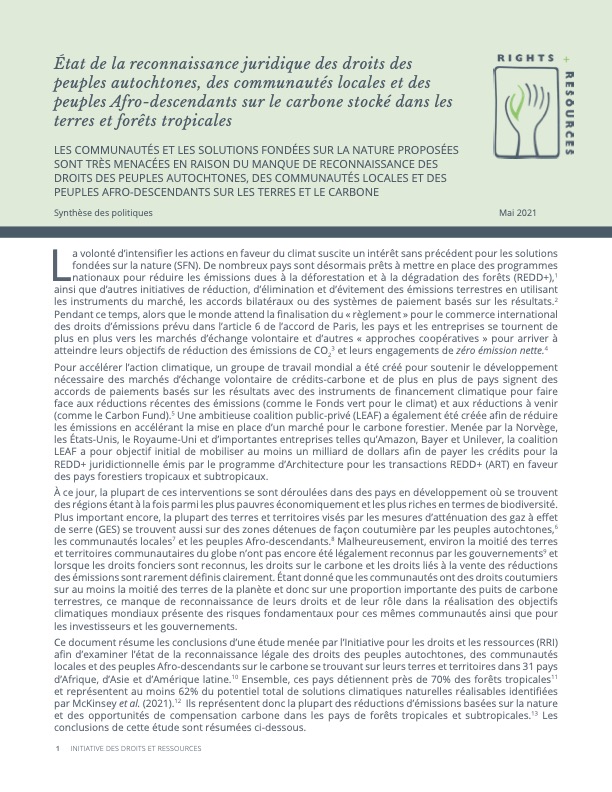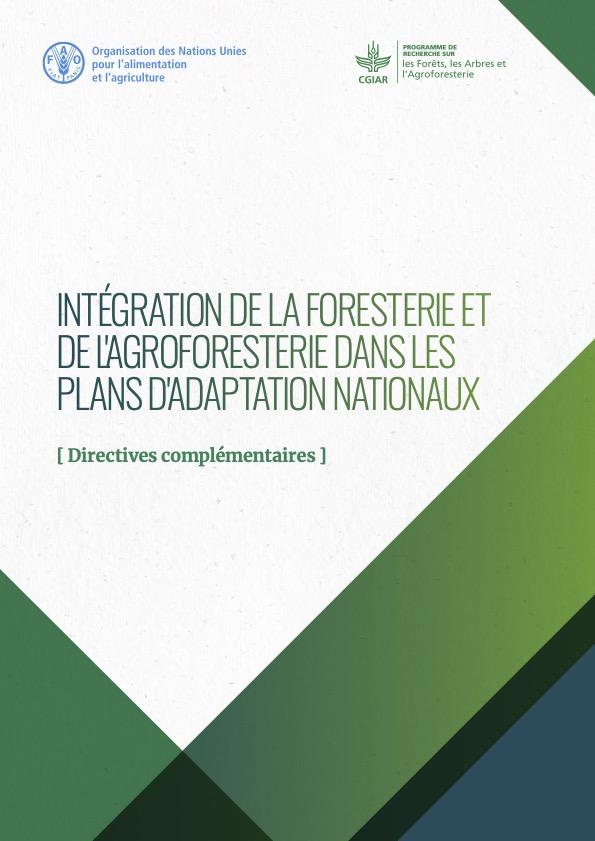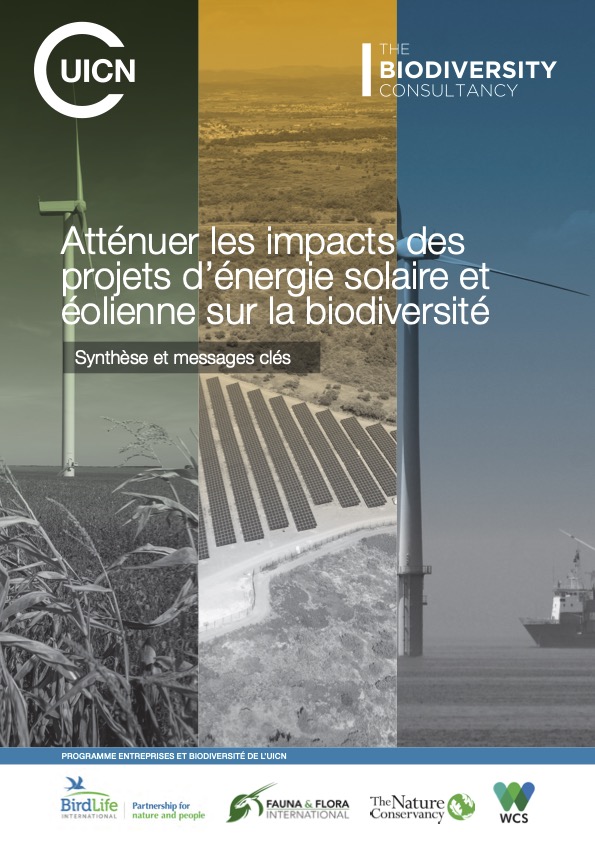LIFTs Study on the Impact of SLLC on Tenure Security, Investment, and Incomes
This Impact Study examines how tenure security translates into increased investments, productivity, and incomes. The was research carried out for the Foreign, Commonwealth, and Development Office’s (FCDO) Land Investment for Transformation (LIFT) programme, which has supported the roll out of secondary level land certification (SLLC) for 14.5 million land parcels across 175 woredas in Ethiopia for an estimated 5 million households.





